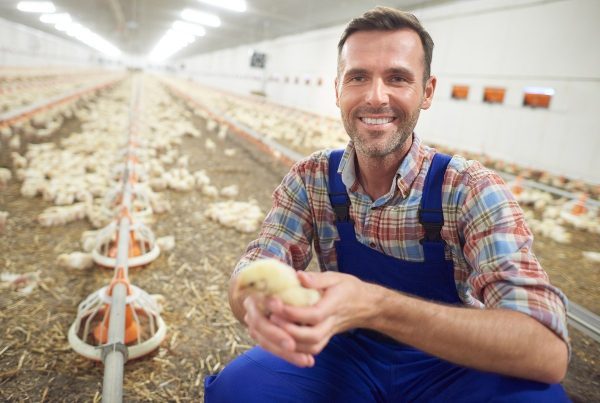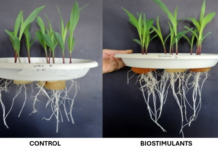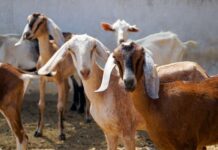Biomass Heating for Poultry Houses Chicken Farmers
If you are a poultry farmer you will know the importance of maintaining a constant, regular temperature throughout your houses. Whether you raise chickens as broilers or layers, the ambient temperature plays a vital role.
Too low or too high and the chickens become unhealthy. Unhealthy birds mean bad news for the animals, your customers and you. The younger the animals are, the more sensitive they are to climate changes and irregularities in temperature.
Obviously, other climatic conditions such as ventilation, light and feeding need to be controlled too. But the reason biomass works so well is that it can be controlled at an extremely consistent output, without fluctuation or variation. Meaning your poultry houses are kept at the perfect temperature, all the time, year-round, rain or shine.
The other main advantage is of course, it is cheaper to run than oil heating and is subject to far smaller changes in price. Whereas oil prices can peak due to political and economic conditions at almost any time, biomass fuel costs remain low and stable. Even when their price does fluctuate, it is generally only pennies at a time. Whereas oil can regularly shift by a few pounds or more.
TEMPERATURE CONSISTENCY FOR CHICKENS
When farmed chickens are cold they huddle together and their bodies are placed under additional stress as a result of having to work harder to keep their core temperature constant. A chicken’s ideal core temperature is between 41oC and 42.2oC and they’ll naturally do all they can to maintain that. When colder they consume more feed and their bodies work harder to keep them alive.
When too hot they pant and change their body positions to cool down. This stresses them and again has detrimental effects on their health if not corrected.
The most efficient temperatures for layers is between 20-24oC. For every 1oC below 20oC that the temperature drops the birds will require an extra 1.5g of feed per day to compensate. Above 24oC egg weight and shell quality reduce.
It is therefore, as you will know from your poultry farming experience, vital to ensure temperatures stay consistent in order to generate the best yield.
BIOMASS INFORMATION
Bio-fueled boilers are a long-term solution. With the added bonus of government incentives which will pay you to have one.
Biomass is around 85% efficient, which is comparable to oil boilers, but the fuel costs being lower and with the addition of RHI schemes the ongoing costs of running a biomass heating system are much better. Furthermore, after an average of 5 years the saving will have paid for the boiler itself and from then on, you are making money back!
If you’d like to know more about biomass and whether it could work for your farm please get in touch!









